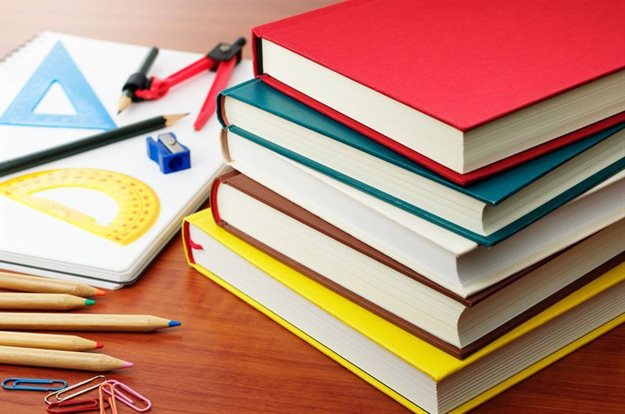
Top stories






More news


Marketing & Media
Ads are coming to AI. Does that really have to be such a bad thing?














The department reiterated its stance following a resolution taken by South African Democratic Teachers Union (Sadtu) on Tuesday, which called on government to close schools nationally as the country braces for the peak of the Covid-19 pandemic.
“The government is extremely concerned about teachers, principals, non-teaching staff who use any platform to attack government for going back to work; ostensibly creating an impression that they should be treated differently from the rest of the other public servants.
“CEM [Council of Education Ministers] has resolved to take legal action against all individuals and groups that continue to disrupt schooling,” said the department in a statement.
The DBE explained that one of the main reasons for the phased-in reopening of schools, was to make sure the “unfettered right to basic education for all children, is equitably provided”.
During alert levels 5 and 4 of the national lockdown, most children from the most rural and remote areas of the country, especially learners from quintiles 1-3 schools, could not access any form of online teaching and learning.
“This, inadvertently negatively affected these children’s unfettered right to basic education. It is particularly the poor, who continue to be at risk, if schools do not reopen.
“Critical in the phased reopening of schools, was adherence to the health, safety and social distancing protocols as determined by the Department of Health,” said the department.
In addition, the department explained that its decision to reopen schools was guided by science, health and education experts as well as learning from international experiences.
“We have repeatedly reported that countries of the world directly affected by the Covid-19 pandemic, have responded differently to the pandemic.
“Some have completely reopened their schools, some have partially reopened their schools; some even reopened and closed their schools when the realities pertaining to the pandemic forced them to do so. South Africa is definitely no different from international practices,” it said.
On school nutrition, the department said one of the main reasons it reopened schools was to enable poor learners to access the school nutrition programme.
“There are the learners, who were deprived of the meals due to the national lockdown. With the reopening of schools, we are now feeding our learners; and have further expanded the feeding to learners, who are not yet back in schools,” it said.
Arrangements are also in place for learners to collect food parcels from the schools closest to their homes.
On corruption, the DBE says the Auditor-General is presently auditing the procurement of Covid-19 essentials for schools.
On learner support, the department said it continues to provide support to learners, using a variety of platforms, including radio, television, online, and of course physical teaching and learning in schools.
“The DBE has over 330 digital content education sites, that have been zero-rated; and have good curriculum content that can be accessed by any learner, whether they have data or not,” said the department.
The DBE and its partners have also broadcasted and streamed over 3,000 hours of lessons to support learners through television, radio and online platforms.
“These interventions are part of the department’s effort to ensure unlimited access to rich content for learning during this time.”
SAnews.gov.za is a South African government news service, published by the Government Communication and Information System (GCIS). SAnews.gov.za (formerly BuaNews) was established to provide quick and easy access to articles and feature stories aimed at keeping the public informed about the implementation of government mandates.
Go to: http://www.sanews.gov.za